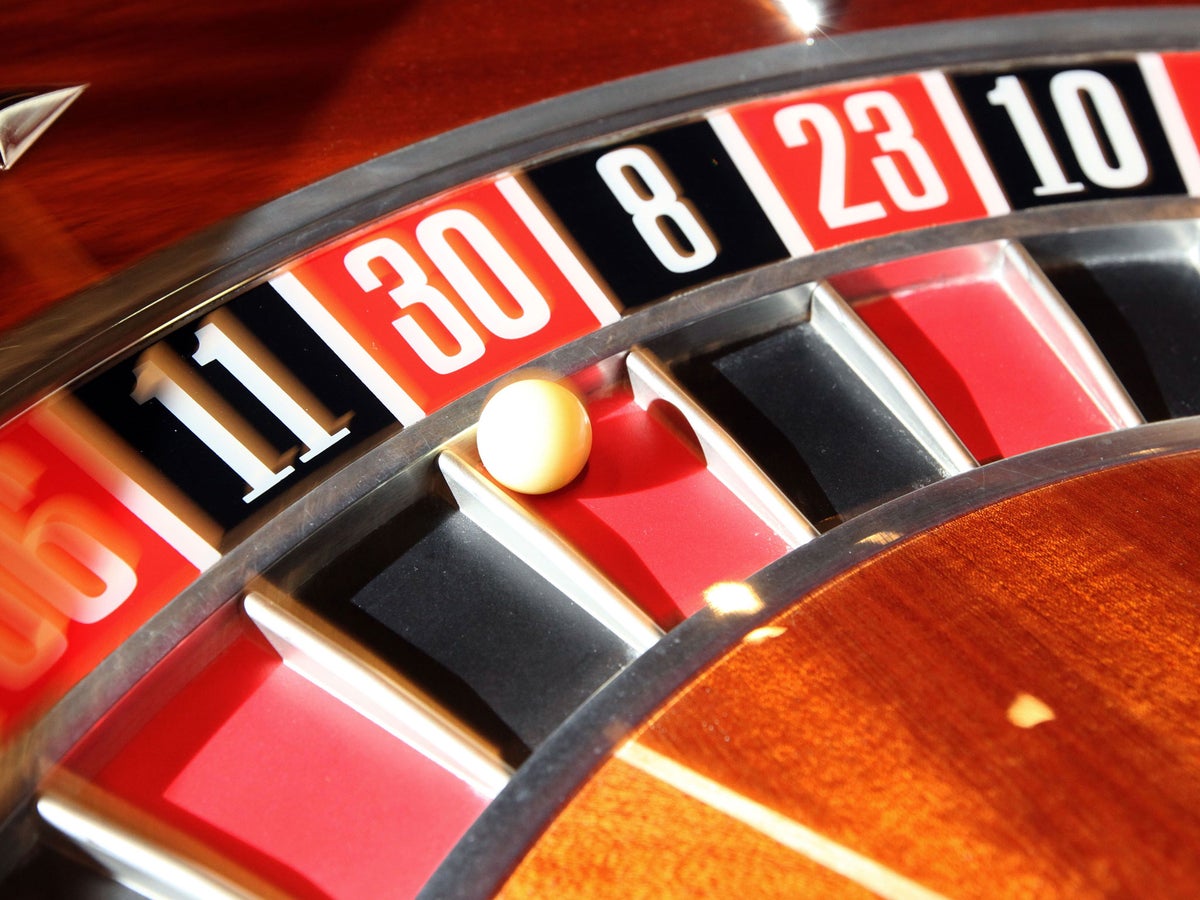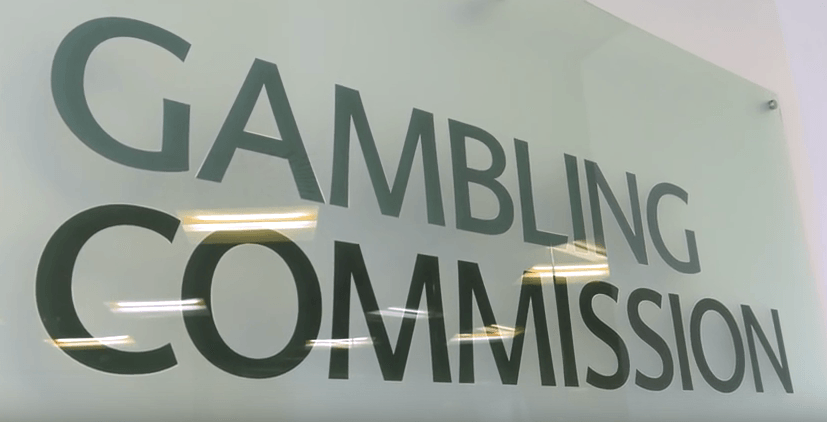Uk Online Gambling Point Of Consumption Tax
Those who gamble, especially those who are very new to it or, conversely, those that do it an awful lot, often wonder if there are any tax implications involved with gambling. The short, simple and wonderfully sweet answer is that no, there is no tax at all to pay on either gambling winnings or stakes in the UK (if you are not based in the UK please check your local jurisdiction).
- Uk Online Gambling Point Of Consumption Taxable
- Uk Online Gambling Point Of Consumption Tax Credit
- Uk Online Gambling Point Of Consumption Tax Rate
The gambling industry suffered a further hit from the UK Treasury on Monday with the announcement of a six percentage point increase in tax paid by offshore gambling companies. Currently, slot machine winnings are not taxed in the United Kingdom. The same goes for any other casino game. It doesn’t really matter if you win £5 or £5 million playing online slots, your winnings will be tax-free as long as you reside anywhere in the UK, be that in England, Wales, Northern Ireland or Scotland. A “point-of-consumption” tax was introduced that meant that the UK government would take 15% of any profits generated from customers based in the UK, even if those bets were technically accepted in such tax havens as have been mentioned.
The new UK gambling with 15% Point of Consumption tax The new UK gambling with 15% Point of Consumption tax The person of the greatest importance has become Peter Howitt, Gibraltar Betting and Gaming Association (GBGA) CEO for the past months because of his activity in the online gaming industry and the UK in particular.
This was not always the case, you might be unsurprised to hear, as the government is never one to miss a chance to squeeze an extra few quid out of us when they can. Betting shops were legalised as part of the liberal mood that swept the country during the 1960s but a tax was levied, either on the stake or winnings (as decided by the punter prior to bet placement). This was charged at 9% but was abolished by Gordon Brown in the March budget of 2001, with the changes coming into effect on January 1st 2002.
Taxing Offshore Betting Sites
The then Chancellor was concerned that the country was losing revenue – not to mention jobs – to offshore gambling sites which people could access via their phones or the internet. Many of the big UK brands had moved offshore where they could take bets without the punters being taxed and Brown’s move was designed to stop that. The tax on the gambler was replaced with a 15% levy on the gross profits of bookmakers and since that momentous day over 10 years ago there has been no tax at all for punters to pay no matter how much they win from gambling.
This has had many ramifications and one is the growth of financial betting as an alternative to conventional investment mechanisms, the former offering tax free winnings, the latter subject to standard tax laws. It has also made UK-based bookies and betting shops far more competitive and has been instrumental in the growth and success of the UK gambling industry.
Follow up legislation further strengthened the domestic market by levying the same 15% tax that UK-based companies face against those based offshore. Remote gambling operators with UK customers currently benefitting from their bases in offshore havens such as Gibraltar and the Isle of Man now have to pay 15% tax on their operating profits. It was estimated to raise around £300m annually for the government and came into force in December 2014.
FOBT’s Stakes Down, Online Taxes Increase to 21%
In 2019, and after a long drawn out battle in both the media and houses of commons, the maximum stake permitted on Fixed Odds Betting Terminals found in high street bookmakers was reduced to £2 – a huge cut when you consider the fact that the previous limit had been £100.
Uk Online Gambling Point Of Consumption Taxable
Whilst the cut in stake was primarily intended to help protect vunerable and problem gamblers it also had the knock on effect of reducing the tax revenue generated by the machines. To compensate for this the UK Government chose to increase the 15% tax rate to a whopping 21%.
Despite the increase, crucially, this has no real impact on us as punters. To go back to the very simple answer as the beginning of this piece – gambling profits and stakes in the UK are still totally tax free.
The NSW government is expected to announce a 10% point of consumption tax (POCT) on all online gambling wagers of NSW residents in the state budget next week. The POCT tax will come into effect on January 1st, 2019.The announcement will follow similar POCT taxes already announced by South Australia and Western Australia at 15%, Victoria at 8% and Queensland which announced a 15% POCT this week.

 Th NSW government took into account that wagering operators already pay GST, payroll tax and product fees when the 10% level was decided on.
Th NSW government took into account that wagering operators already pay GST, payroll tax and product fees when the 10% level was decided on. Th POC tax will help to bring bookmakers, most based on the Northern Territories with little Australia wide taxes and fees outside of race field fees, onto a level playing field with the taxes that Tabcorp pays.
Two per cent of all online gambling revenue will be redeployed by the racing industry, the NSW Treasurer Dominic Perrottet will announce, which is expected to amount to $40m for the three codes of the racing industry, thoroughbreds, harness and greyhounds.
“The introduction of a point of consumption tax is an important step to ensure that we are levelling the playing field given the wagering tax paid by onsite operators,” Mr Perrottet said.
“We think 10 per cent strikes the right balance and that online corporate bookmakers should contribute their fair share.
“However, a 15 per cent additional tax on top of GST and race field fees would be an excessive burden on players in the market. We will review our 10 per cent rate in 18 months and also keep a close watch on how other states progress with their POCT.”

Uk Online Gambling Point Of Consumption Tax Credit
